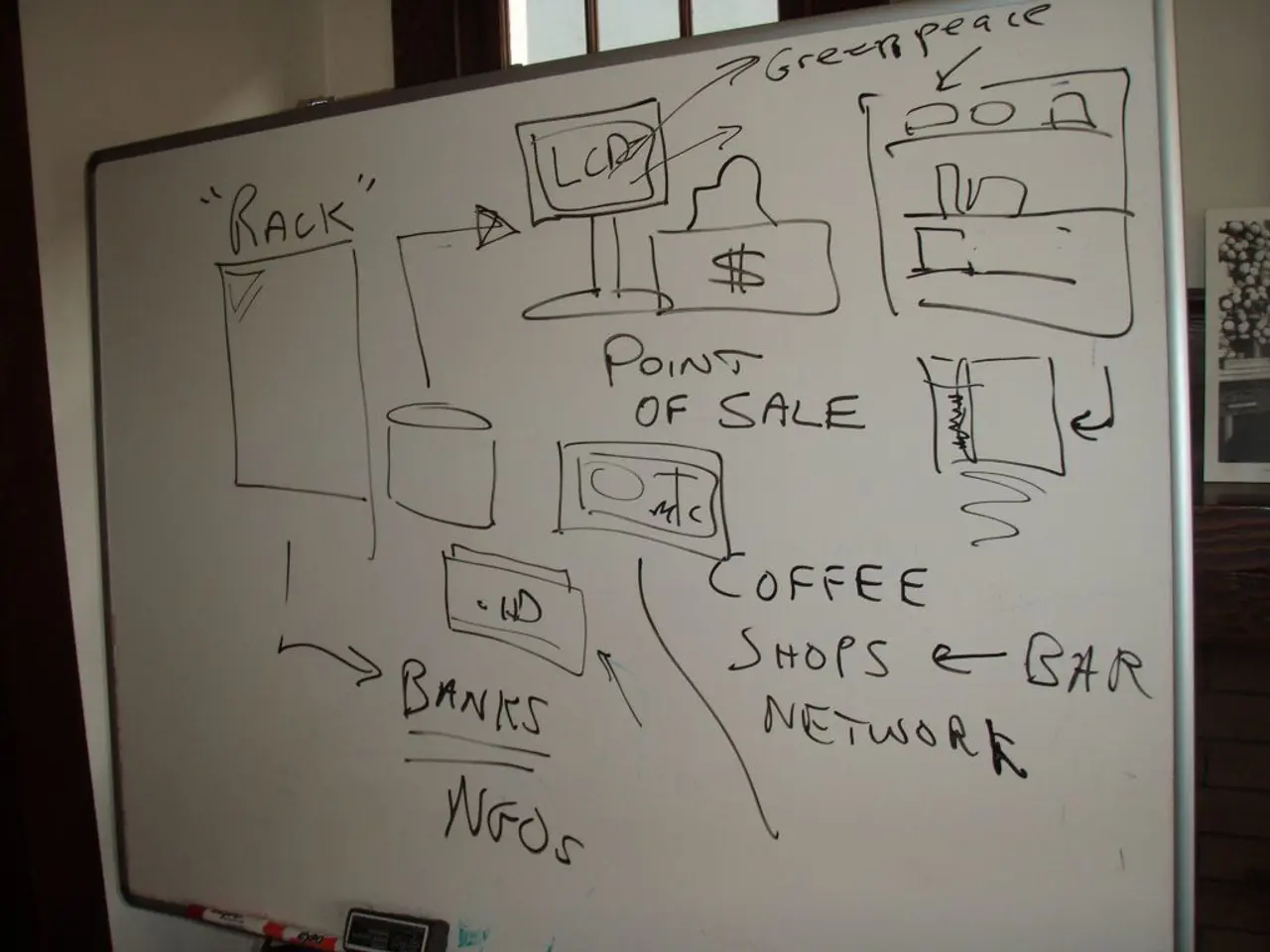In the quantum age, are we adequately prepared to confront fresh cyber security challenges?
In the rapidly evolving world of technology, a new threat looms on the horizon: quantum computing. With its potential to break current encryption standards, this technology could make sensitive data stored by hospitals, insurance companies, banks, and other critical sectors vulnerable to breaches.
The financial sector, healthcare, telecommunications, energy, and public administration are particularly susceptible due to their reliance on third-party systems. If a supplier's security mechanisms become inadequate, this could create vulnerabilities throughout the financial ecosystem. Hospitals and insurance companies, for instance, could face dire consequences if quantum computers breach external provider systems, potentially exposing sensitive patient data.
Banks and payment processing companies are exposed to quantum attacks through their use of external service providers. This risk is not to be underestimated, as quantum computers could break current encryption standards within a few hours or minutes, making digital data vulnerable.
However, the global cybersecurity community is not standing idle. Current efforts to address the quantum computing threat focus primarily on developing and deploying quantum-safe encryption methods, known as post-quantum cryptography (PQC). The National Institute of Standards and Technology (NIST) has been leading this effort, releasing official PQC standards starting in August 2024.
One such algorithm is FALCON, expected to be adopted through 2027. Governments and organizations worldwide are urged to transition early to PQC to secure systems expected to remain operational beyond 2030, as current classical encryption methods like RSA and elliptic curve cryptography (ECC) will become vulnerable to quantum decryption soon.
Another promising solution is Quantum Key Distribution (QKD), which uses principles of quantum mechanics to generate and share cryptographic keys securely, making eavesdropping theoretically impossible.
Extensive work is underway to update existing security protocols (like TLS) and digital certificates to incorporate PQC algorithms. Although implementing PQC doesn't necessarily increase development time or cost significantly, the challenge lies in updating legacy systems without degrading performance.
Organizations are warned against delaying PQC adoption because attackers can perform "store now, decrypt later" attacks—capturing encrypted data now to decrypt it in the future with quantum computers. There's a growing consensus that quantum threats are already real, with companies like IBM and Google advancing quantum computing capabilities.
Beyond encryption, quantum computing and AI are being explored to improve cybersecurity analytics and threat detection, enabling anticipatory defense mechanisms to detect and mitigate threats more effectively. The current project in Latvia, initiated by the University of Latvia's Centre for Quantum Computing Science and Accenture in 2021, investigates quantum computing algorithms that enable faster and more efficient information retrieval in large data sets.
Despite these efforts, many organizations are still unprepared for quantum computing threats. A strategy used by cybercriminals, "steal now, decrypt later," poses risks to individuals and companies, as data safe today could become publicly accessible in a few years. Only 10% of banking executives globally express concern about quantum computing threats, while 37% focus on more immediate cyber threats such as malware and ransomware.
In summary, the global cybersecurity community is actively developing and standardizing quantum-resistant encryption methods, upgrading infrastructure, and employing advanced detection methods to counter quantum computing threats, with an emphasis on early adoption to avoid future vulnerabilities. The race for quantum-safe encryption is on, and it's crucial for organizations to take action now to protect their sensitive data from the looming threat of quantum computing.
- The global cybersecurity community is actively focusing on developing and deploying quantum-safe encryption methods, known as post-quantum cryptography (PQC), to counter the potential threat of quantum computing.
- Governments and organizations worldwide are urged to transition early to PQC to secure systems expected to remain operational beyond 2030, as current classical encryption methods like RSA and elliptic curve cryptography (ECC) will become vulnerable to quantum decryption soon.
- Beyond encryption, quantum computing and AI are being explored to improve cybersecurity analytics and threat detection, enabling anticipatory defense mechanisms to detect and mitigate threats more effectively.
- Only 10% of banking executives globally express concern about quantum computing threats, while many organizations are still unprepared for these threats, making them vulnerable to "store now, decrypt later" attacks, which pose risks to individuals and companies.




